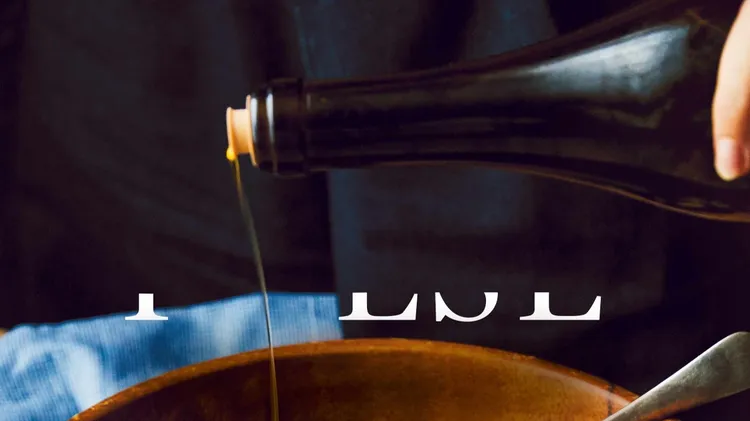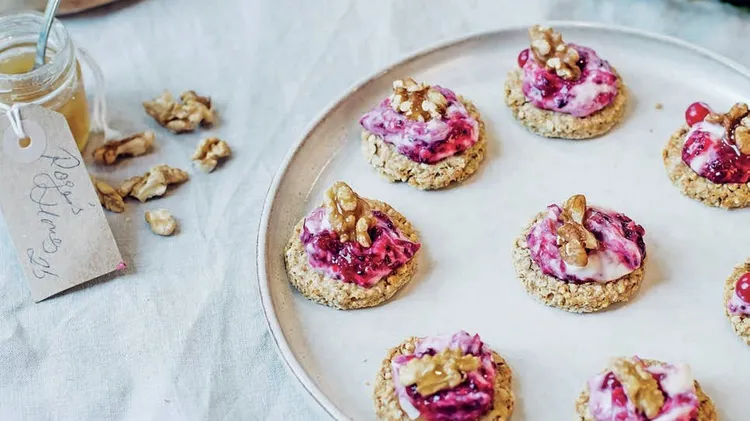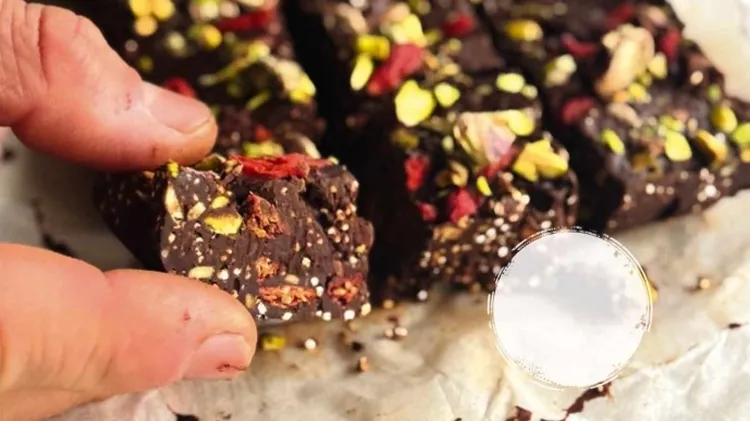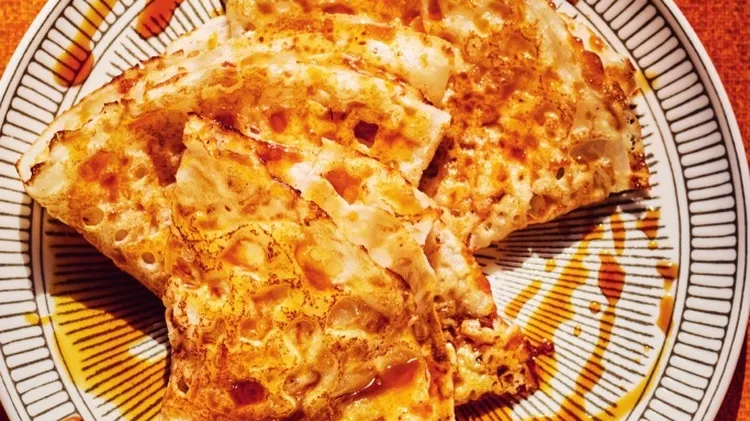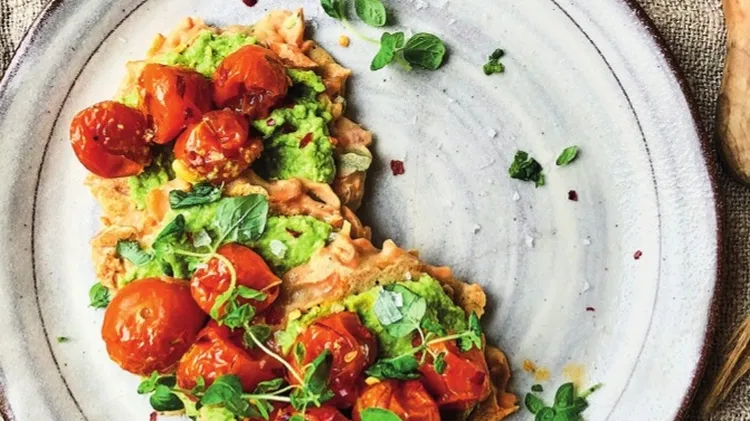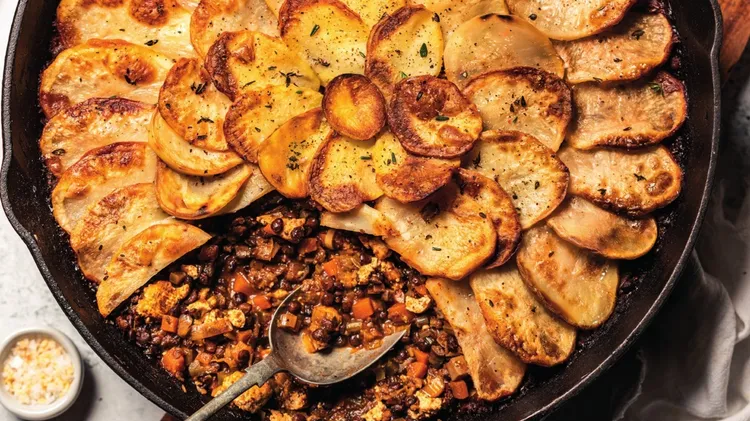Some nuts have a high carbon footprint but you can make choices
Sustainable swaps brazil nuts
1 min read
This article is from...
Read this article and 8000+ more magazines and newspapers on Readly

